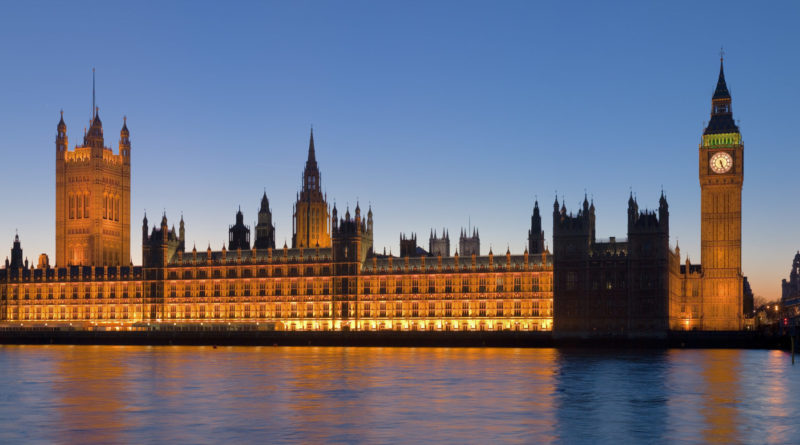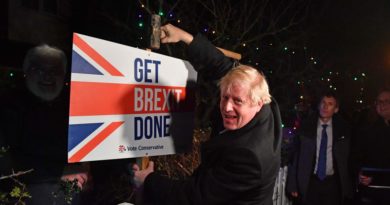Battle Over Brexit Continues After Withdrawal Agreement Signed
Brexit officially passed into law Jan. 31, 2020 and the United Kingdom has begun negotiating its departure from the European Union.
“Brexit,” a term coined by Englishman and Pro-European Lobbyist Peter Wilding, refers to the United Kingdom’s withdrawal from the European Union, of which they had been a part for 47 years. The first referendum to exit the EU was introduced June 2016, prompting four years of chaotic debate over nationalism, immigration, and a host of economic policies. This turmoil resulted in an unusually high level of discord that prompted the resignation of two Prime Ministers, plaguing the United Kingdom until Jan. 24, when EU and UK leaders finally signed a withdrawal agreement.
The European Union’s official statement is one of acceptance: “In a free and democratic process, the British people have expressed their wish to leave the European Union. We regret this decision, but respect it,” the organization stated.
The agreement entails a year-long period of negotiation set to end on Dec. 31 of this year, at which point the UK will have completed their secession from the union. A deal consisting of new law enforcement, security and trade regulations must be reached by this date and agreed upon by all 27 member nations of the EU; if it is not, the UK will face harsh tariffs on exports to the EU. In the meantime, the UK will keep its economic borders of Europe open without the presence of British members in the European Parliament.
However, the dissolvement of open borders has prompted Northern Ireland to threaten secession from the UK once again. Critics of the harsh border policy fear a return to the violent conflict between English Protestants and Irish Catholics that existed in the 20th century, inciting Irish independence movements. Scotland, which has attempted secession many times, is seeking to use Brexit as momentum for a final withdrawal from the United Kingdom.
While a narrow majority of British citizens are elated over the news of Brexit, others across the world are less enthusiastic.
“I think that Brexit is going to encourage division and nationalism among other nations including the U.S.,” says junior and Co-President of Blake’s Model United Nations Ella Jacobs. “[It will encourage] leaders to [favor] the interests of their own party over the greater interests of their nation’s constituents as a whole.”
Constituents also complain that signing the withdrawal agreement legitimizes the conduct of Prime Minister Boris Johnson, who has been accused of unconstitutionally dissolving parliamentary activity, lying to the Queen and demonstrating xenophobia and racism.
As the leader of Britain’s Conservative Party, whose members championed Brexit from the beginning, Johnson has been a major proponent of Brexit, advancing strong nationalist rhetoric that has garnered him severe backlash from his fellow parliamentarians, constituents and EU counterparts.
After experiencing terrorist attacks and the decades-old allegations of immigrants stealing jobs from citizens, Conservative Party constituents resented the EU’s open borders policy that has allowed refugees.
“[Brexit] reflects poorly not only on Britain but on the world and the institution of diplomacy,” says Jacobs. “[It shows] that nationalist and racist politics are victorious and supported.”
While the Brexit agreement signals an end to the United Kingdom’s participation in the European Union, it does not mark an end to the explosive debate that still runs rampant in the country. Now that the deal is passed, the multiple political parties in Parliament will continue to battle over the specifics of the withdrawal and the future of the nation.




